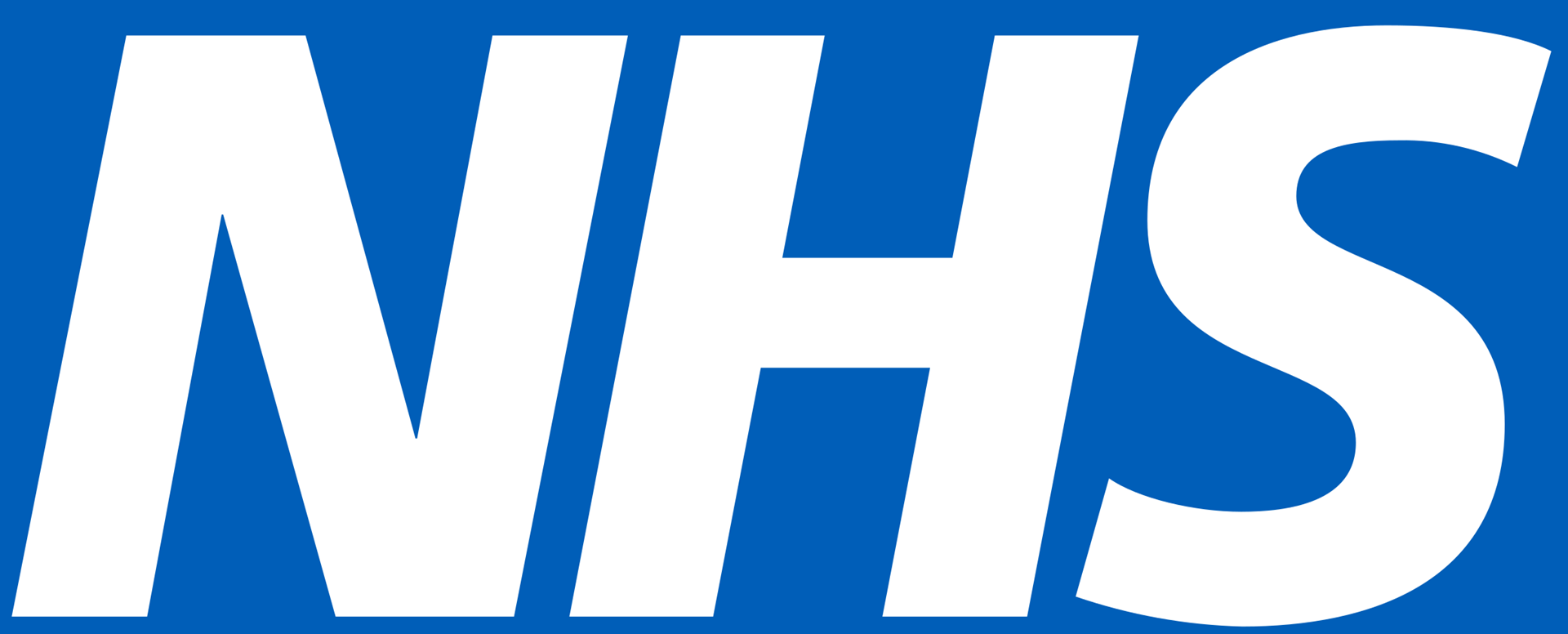We are aware that given current NHS wait times, some of our patients opt to see a private doctor, this policy clarifies our position. This is necessary due to previous instances where problems have arisen and is to clarify Consultant/GP responsibilities and roles, and ensure patient expectations are appropriate, and correctly informed.
If you are seen privately by a doctor for a single episode of care any short-term medication required should be paid for by the patient as part of that package of care, e.g., if a patient has a private hip replacement - painkillers, blood thinners and antibiotics required because of the operation should be prescribed by the private provider. Sufficient post-operative medication should be provided at discharge following procedures carried out by private sector providers, without needing a GP prescription.
A private consultation may identify a long-term condition which needs medication. If you ask us to take over prescribing of a medication recommended by a private doctor, we will need to be satisfied that prescribing is appropriate, responsible and what we would prescribe for other NHS patients with the same diagnosis. Whenever we prescribe medicine for you, we are taking full responsibility for your care, even if the medicine is recommended for you by another doctor.
Depending on what treatment/prescription a consultant recommends, patients should understand and be aware they may have to pay for any ongoing treatment or medications which are recommended (which the GP is not able or willing to prescribe for the reasons given below).
Therefore, we will not prescribe medication in the following circumstances:
- We have not received adequate communication from the private doctor to explain the reasons you need the medicine and that they have discussed the safety of the medication.
- The medication is not prescribed on the NHS (blacklisted) e.g., liothyronine
- The medication is only suitable for specialist-only prescribing and we do not have the specialist expertise to safely monitor the medication (e.g., methylphenidate, lisdexamfetamine - ADHD medication, amiodarone - specialist cardiac medication, isotretinoin - acne treatment, lithium - mood stabiliser, goserelin - when used as a puberty blocker, immunosuppressants and chemotherapy).
- The use of the medication is not compatible with national or local prescribing guidelines.
- The medication is not licenced in the UK or is being used for a purpose not included in its UK licence (e.g., spironolactone for acne)
- We do not believe the medication is appropriate or necessary for you.
- You are seen by a private doctor without a GP referral (i.e., we cannot be sure that the doctor is fully aware of your medical history)
Please note that the same rules apply for other NHS doctors (e.g., hospital specialists) asking GPs to take over prescribing of a medication.
The above are essential safeguards for us as doctors and prescribers. The General Medical Council advises us in “Duties of a Doctor” to prescribe in the best interest of the patient and only within our level of competence.
It is important to consider all potential costs when accessing a private consultant and this includes medication costs. If the medication applies to one of the above categories, you should speak to your private doctor to decide what to do next. You retain the option of a private prescription through your private doctor, or we would be happy to facilitate a referral to an NHS specialist if your medication is specialist-only.
The consultant may suggest further simple tests such as bloods, urine, or stool tests etc, or more complex tests such as X-rays, scans, scopes depending on the problem. These should also be done within the private sector and should be factored into total costs.
Further information is available from:
British Medical Association Ethics Committee May 2009: The interface between NHS and private treatment: a practical guide for doctors in England, Wales and Northern Ireland - http://bma.org.uk/practical-support-at-work
Department of Health March 2009: Guidance on NHS patients who wish to pay for additional private care - https://assets.publishing.service.gov.uk/government/uploads/system/uploads/attachment_data/file/404423/patients-add-priv-care.pdf
General Medical Council April 2021: Good practice in prescribing and managing medicines and devices - https://www.gmc-uk.org/ethical-guidance/ethical-guidance-for-doctors/good-practice-in-prescribing-and-managing-medicines-and-devices
